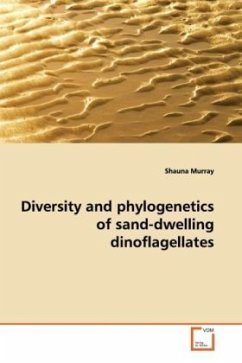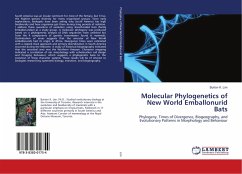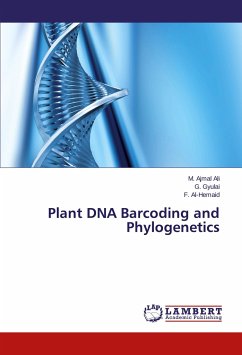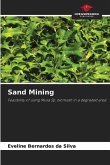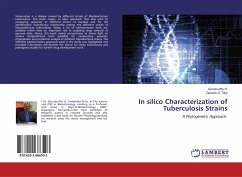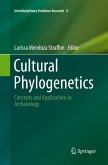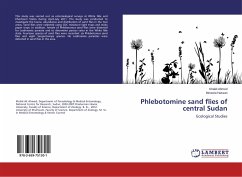Dinoflagellates are a group of microbial eukaryotes
that have long intrigued biologists with their
diversity of form, ecology and highly unusual
genetic and ultrastructural features. This
diversity has led to much speculation about their
evolutionary history. In addition, some species
produce bioactive compounds that kill marine life,
cause human health problems or have antitumour
effects. This book includes detailed descriptions
of 56 species of sand-dwelling dinoflagellates from
sites in southern Australia, from the orders
Gymnodiniales, Gonyaulacales, Peridiniales,
Phytodiniales, and Prorocentrales. The
biogeographical distribution of some of these
species is investigated. Further, it investigates
the evolution and phylogeny of the most common genus
in this habitat, Amphidinium, based on both
morphological and molecular characters, and
redefines the genus. This book will be useful to
those working in aquaculture, fisheries and
biotechnology industries who require the
identification of these intriguing organisms, as
well as biologists with an interest in the evolution
of eukaryotes.
that have long intrigued biologists with their
diversity of form, ecology and highly unusual
genetic and ultrastructural features. This
diversity has led to much speculation about their
evolutionary history. In addition, some species
produce bioactive compounds that kill marine life,
cause human health problems or have antitumour
effects. This book includes detailed descriptions
of 56 species of sand-dwelling dinoflagellates from
sites in southern Australia, from the orders
Gymnodiniales, Gonyaulacales, Peridiniales,
Phytodiniales, and Prorocentrales. The
biogeographical distribution of some of these
species is investigated. Further, it investigates
the evolution and phylogeny of the most common genus
in this habitat, Amphidinium, based on both
morphological and molecular characters, and
redefines the genus. This book will be useful to
those working in aquaculture, fisheries and
biotechnology industries who require the
identification of these intriguing organisms, as
well as biologists with an interest in the evolution
of eukaryotes.

